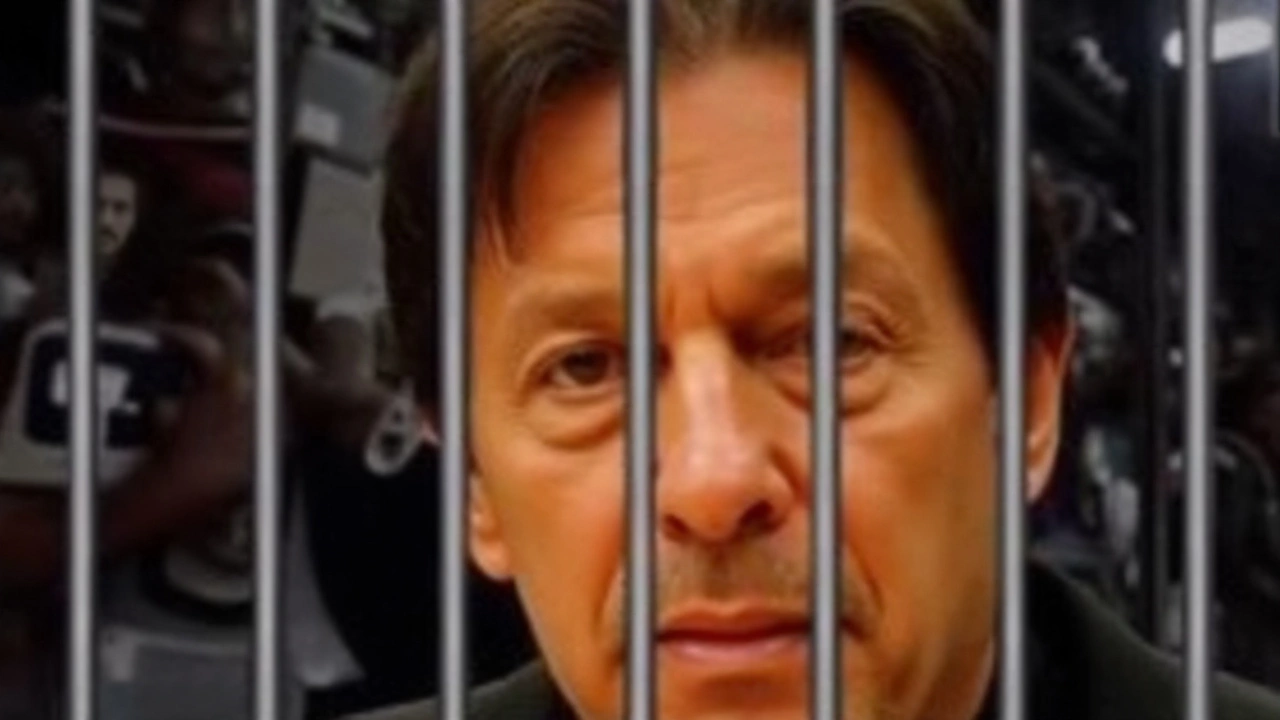
Shehbaz Sharif’s Coalition Feels the Heat
The air in Islamabad has grown tense. Reports from within the ruling alliance say that the Pakistan government, led by Prime Minister Shehbaz Sharif, is edging closer to opening the door for talks with Imran Khan’s PTI party. A senior minister, speaking on background, didn’t beat around the bush: the government might have little choice but to engage if it wants to cool political friction and keep things from boiling over.
These conversations aren’t happening in isolation. Since Imran Khan’s dramatic ouster in a 2022 no-confidence motion, the political landscape has looked more like a battleground than a parliament. He’s accused everyone from the U.S. to the powerful military of plotting against him, yet his hold on public imagination hasn’t loosened. While the coalition—made up of uneasy partners—tries to steady the ship, Khan’s PTI has shown a knack for mobilizing supporters right where it hurts the government most: on the streets and in the media.
On top of the political headaches, Pakistan is grappling with punishing inflation and an economy that feels like it’s perpetually on the brink. Add coalition infighting to that mix and you’ve got a recipe for instability. The talk now is that reaching out to the opposition, especially a heavyweight like PTI, might be the only way to prevent the whole system from seizing up.
Pragmatism or Panic? What’s Driving the Change
The government’s new tune seems less about principle, more about survival. Analysts who track the ebb and flow of political stability in Pakistan say the real fear inside government circles is a PTI groundswell that could overwhelm the coalition. Any large-scale protest movement—something Imran Khan’s team specializes in—could make an already fragile government crack. This isn’t lost on Sharif’s advisers, who are weighing the risks of open confrontation against those of a reluctant handshake.
But what would negotiation actually look like? Right now, details are scarce. There’s no framework on the table, just a public acknowledgment that dialogue might be inevitable. For the hundreds of thousands still loyal to Khan, any hint of compromise is fuel to the fire. For war-weary members of parliament, it’s a flicker of hope that the never-ending crisis might at least be paused.
Pakistan’s political history is not big on full government terms. Not a single prime minister has managed to last the distance. The coalition’s latest move is less bold strategy, more necessary adaptation. As the government signals willingness for talks, PTI supporters are watching with a mix of suspicion and triumph, while ordinary citizens just want the shouting to stop long enough for daily life to get better. The coming weeks will show whether this is a serious shift toward negotiation or just more political theater in a country that rarely sees easy resolutions.